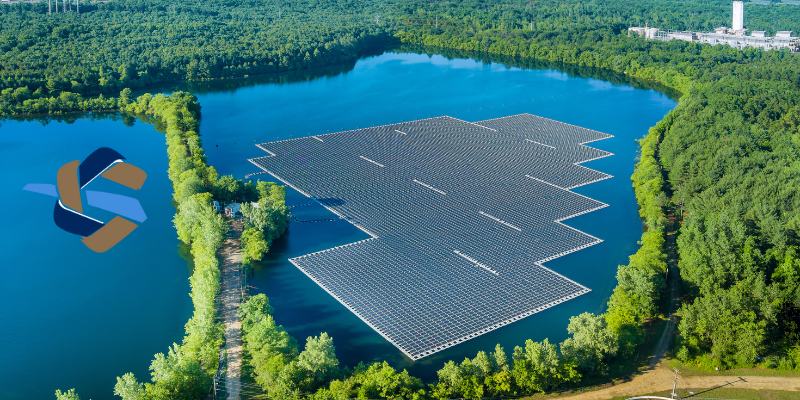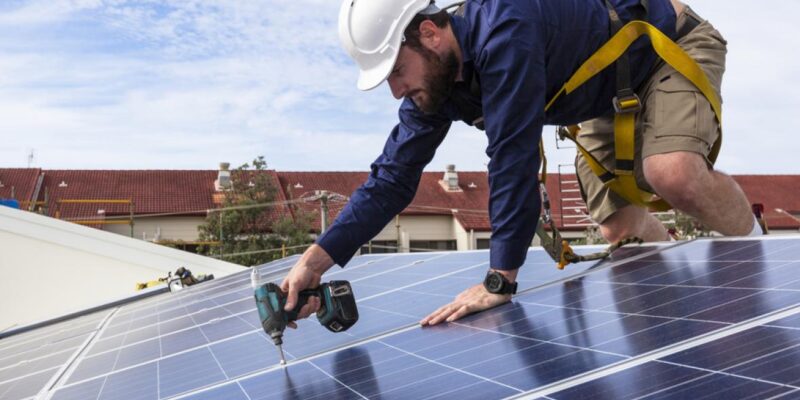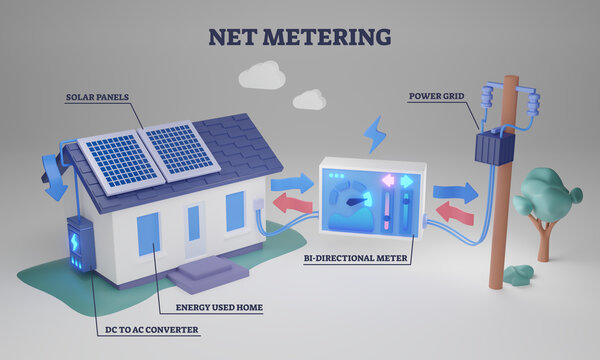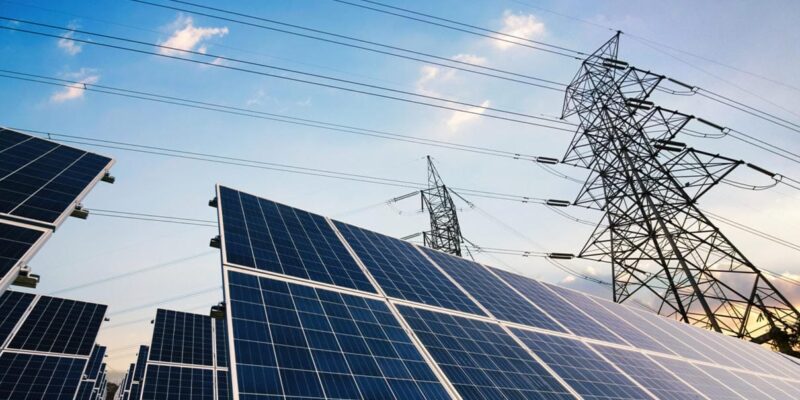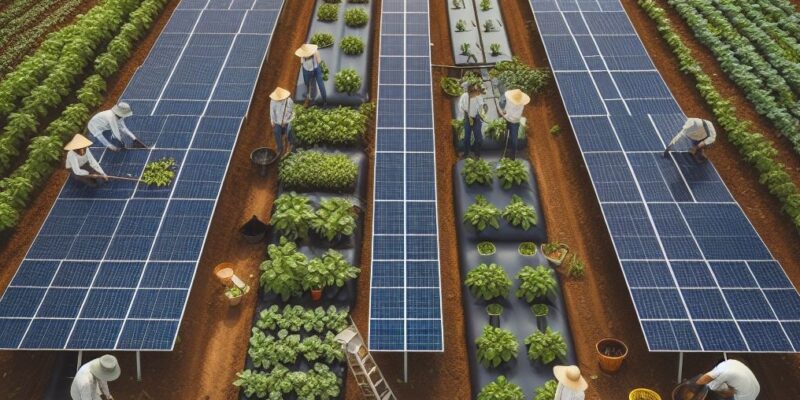The Inflation Reduction Act (IRA) is a financial policy aimed at curbing the negative effects of inflation on the economy. While it primarily focuses on monetary concerns, it can also be leveraged to promote the adoption of renewable energy sources such as solar power. Solar energy is an eco-friendly and sustainable alternative to conventional power sources, but its upfront costs have deterred many individuals and businesses. By strategically using the IRA, individuals and organizations can make solar energy more affordable and accessible.
- Tax Credits and Incentives: The IRA can offer tax credits and incentives to encourage investment in solar energy. By providing financial relief through deductions and exemptions for solar installation and maintenance, the government can make solar energy more appealing and economically viable. This approach not only stimulates the solar industry but also contributes to the reduction of greenhouse gas emissions.
- Low-Interest Financing: The IRA can support low-interest financing options for solar installations. By partnering with financial institutions and providing guarantees, the government can ensure that individuals and businesses have access to affordable loans for solar projects. This reduces the initial financial burden of going solar and makes it a more attractive investment.
- Depreciation Benefits: The IRA can extend depreciation benefits for solar equipment, making it easier for businesses to recover their investments over time. By allowing accelerated depreciation, the cost of solar installations can be spread out, reducing the immediate impact on the budget and making solar energy projects more feasible.
- Grants and Subsidies: The IRA can allocate funds for grants and subsidies that promote solar energy adoption. These funds can be distributed to communities, especially those with limited resources, to help cover a portion of their solar installation costs. This approach ensures that solar power is accessible to a wider range of income groups.
- Research and Development Incentives: Encourage innovation and development in the solar energy sector by providing tax incentives for companies and individuals investing in research and development. This can lead to more efficient and cost-effective solar technologies, making solar energy even more accessible in the long run.
- State and Local Collaboration: Collaborate with state and local governments to create tailored programs that leverage the IRA for solar energy adoption. These programs can address specific regional needs and encourage community participation in solar initiatives.
By strategically incorporating the Inflation Reduction Act into the promotion of solar energy, governments can tackle both economic challenges and environmental concerns. This approach not only makes solar energy more affordable but also contributes to a sustainable and green future. It encourages individuals and organizations to embrace clean energy solutions while alleviating the financial pressures associated with inflation. Through these measures, the IRA can serve as a powerful tool to drive solar adoption and mitigate the impacts of inflation, benefitting both the economy and the environment.




